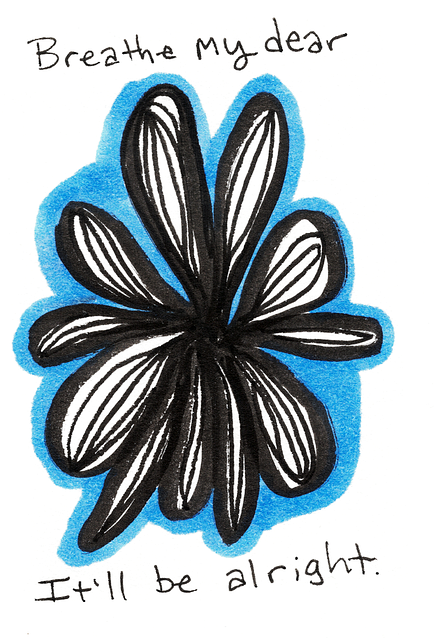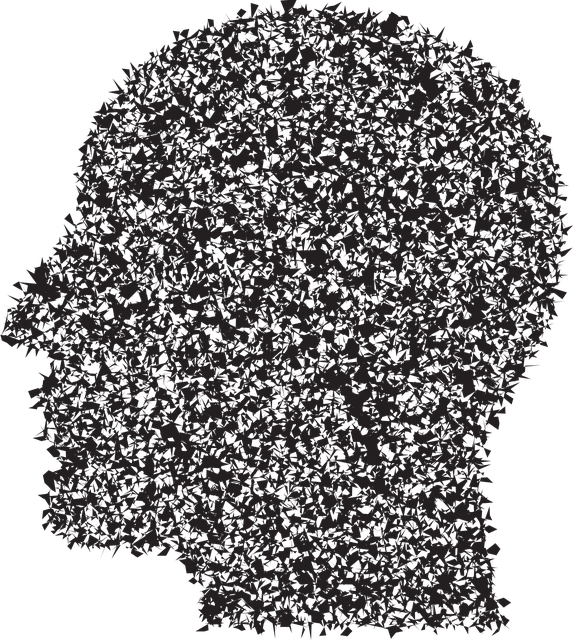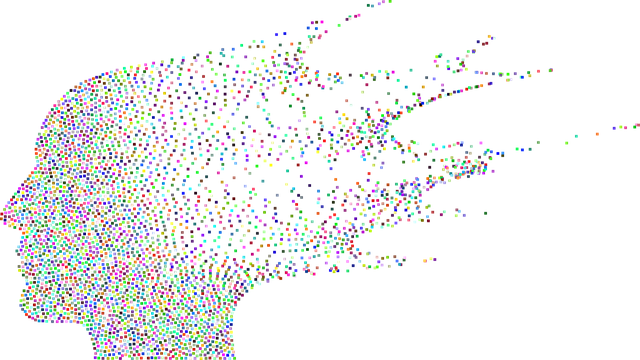In today's globalized world, cultural competency is vital for healthcare professionals, especially in mental health services like those provided by Centennial Divorce Therapy. Training programs focusing on cultural sensitivity, communication skills, and stress management empower practitioners to offer tailored care to diverse patient populations, reducing healthcare disparities. Centennial Divorce Therapy leads the way with specialized programs that include Mindfulness Meditation, Coping Skills Development, and robust trauma support, ensuring practitioners can connect with clients from various backgrounds effectively. Measuring success through pre- and post-training assessments, participant feedback, and tracking patient care outcomes ensures the program's long-term impact and fosters continuous improvement.
Cultural competency is an essential aspect of modern healthcare, ensuring providers understand and respect diverse patient backgrounds. This article explores the critical role of training in fostering cultural awareness among healthcare professionals. We delve into the significance of understanding cultural differences, especially through the lens of therapies like Centennial Divorce Therapy, which offer unique insights. Furthermore, it discusses designing effective training programs and measuring success to enhance continuous improvement in healthcare provider cultural competency.
- Understanding Cultural Competency in Healthcare: Why It Matters
- The Role of Centennial Divorce Therapy in Fostering Cultural Awareness
- Designing Effective Training Programs for Healthcare Providers
- Measuring Success and Continuous Improvement in Cultural Competency Training
Understanding Cultural Competency in Healthcare: Why It Matters

In today’s diverse and interconnected world, cultural competency is an essential aspect of healthcare that cannot be overlooked. It refers to the ability to understand, appreciate, and interact effectively with individuals from different cultural backgrounds, including those seeking therapy at Centennial Divorce Therapy or other specialized mental health services. Cultural sensitivity in mental healthcare practice is vital as it ensures that every patient receives personalized care tailored to their unique needs and experiences.
The importance of cultural competency extends beyond providing quality care; it also plays a significant role in reducing disparities within the healthcare system. Risk assessments for mental health professionals highlight the potential consequences of inadequate cultural understanding, which can lead to miscommunication, mistrust, and even harm. Therefore, training programs like those offered at Centennial Divorce Therapy are crucial in enhancing public awareness campaigns development on mental health issues, fostering a more inclusive environment, and promoting equitable access to care.
The Role of Centennial Divorce Therapy in Fostering Cultural Awareness

Centennial Divorce Therapy plays a pivotal role in fostering cultural awareness among healthcare providers, addressing the growing need for sensitivity and understanding in diverse patient populations. Through its comprehensive programs, the therapy centre equips professionals with the tools to navigate complex cultural landscapes, ensuring effective and compassionate care.
By incorporating techniques such as Mindfulness Meditation and Coping Skills Development, Centennial Divorce Therapy helps individuals process their experiences and emotions while promoting self-awareness. Additionally, trauma support services are a core component, enabling practitioners to assist those who have endured cultural or personal traumas, fostering an environment of safety and trust. These approaches not only enhance the therapist’s ability to connect with clients from various backgrounds but also empower them to offer tailored interventions that resonate across cultures.
Designing Effective Training Programs for Healthcare Providers

Effective training programs for healthcare providers should be comprehensive and tailored to address the unique challenges they face in their professions. These programs need to go beyond basic medical knowledge, encompassing cultural competency, communication skills, and stress management techniques. For instance, a well-designed workshop could include role-playing scenarios at Centennial Divorce Therapy, enabling professionals to practice empathetic engagement with diverse patient backgrounds.
Integrating burnout prevention strategies for healthcare providers is paramount. Workshops should offer practical tools for managing workplace stress, promoting self-care, and fostering resilience. By incorporating these elements, healthcare providers can enhance their ability to navigate complex patient interactions while maintaining well-being. Such initiatives not only benefit individual practitioners but also contribute to improved patient outcomes within the organization, such as Stress Management Workshops Organization.
Measuring Success and Continuous Improvement in Cultural Competency Training

Measuring the success and effectiveness of cultural competency training is a vital step in ensuring its long-term impact on healthcare delivery. Organizations like Centennial Divorce Therapy have recognized this, integrating comprehensive evaluation methods into their Mental Health Education Programs Design. This involves pre- and post-training assessments to gauge knowledge gain and skill application among participants. By comparing these metrics, therapists can identify areas where they excel and aspects that need refining, fostering a culture of continuous improvement.
The process includes collecting participant feedback through surveys and focus groups, analyzing training outcomes against initial objectives, and tracking improvements in patient care outcomes. For instance, evaluating changes in client satisfaction scores or the effectiveness of mood management techniques among diverse patient populations can demonstrate the tangible benefits of cultural competency training. This data-driven approach allows for informed adjustments to the Risk Management Planning for Mental Health Professionals, ensuring that the training remains relevant and impactful over time.
Healthcare provider cultural competency training, enriched by approaches like Centennial Divorce Therapy, is no longer a choice but an imperative. By designing effective programs and measuring success through continuous improvement, we can create a healthcare system that fosters understanding and respect for diverse cultures. This ensures better patient outcomes and strengthens the bond between providers and communities they serve.














